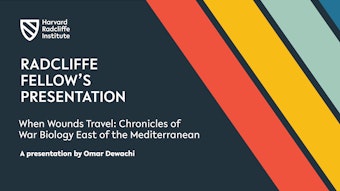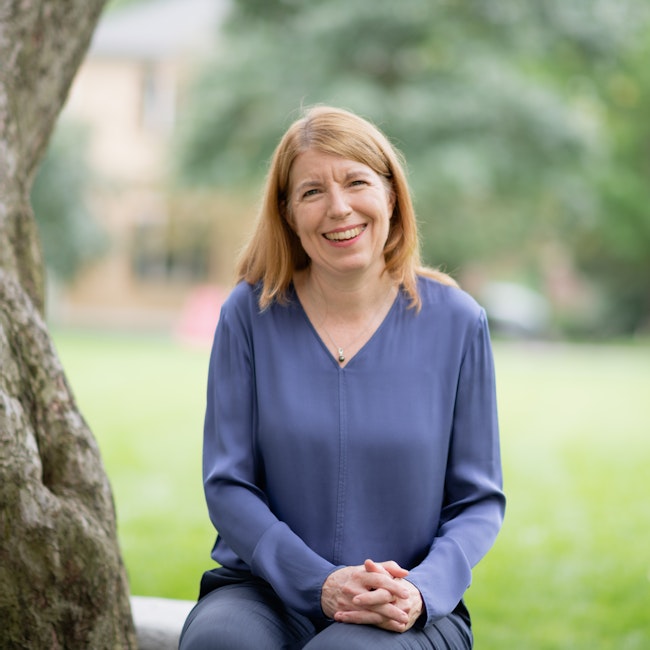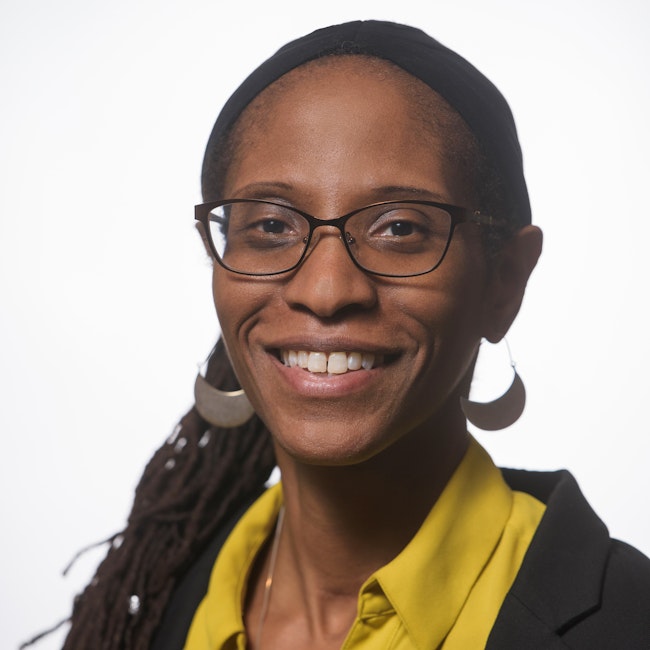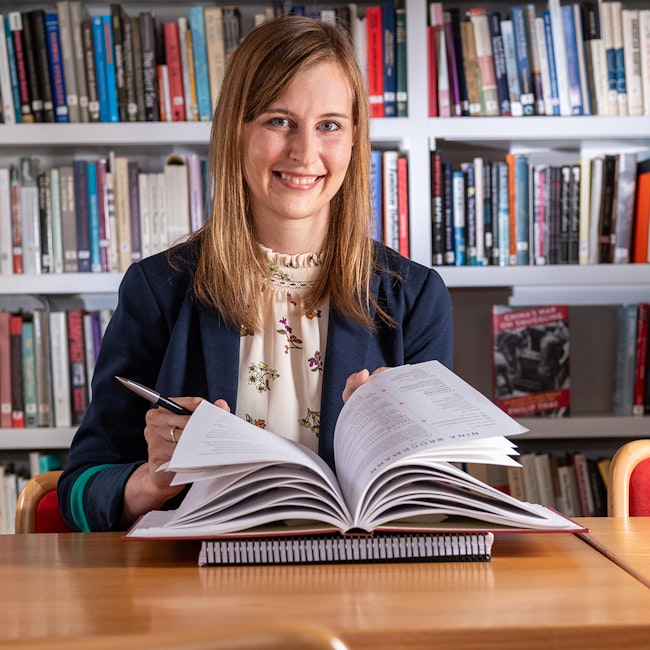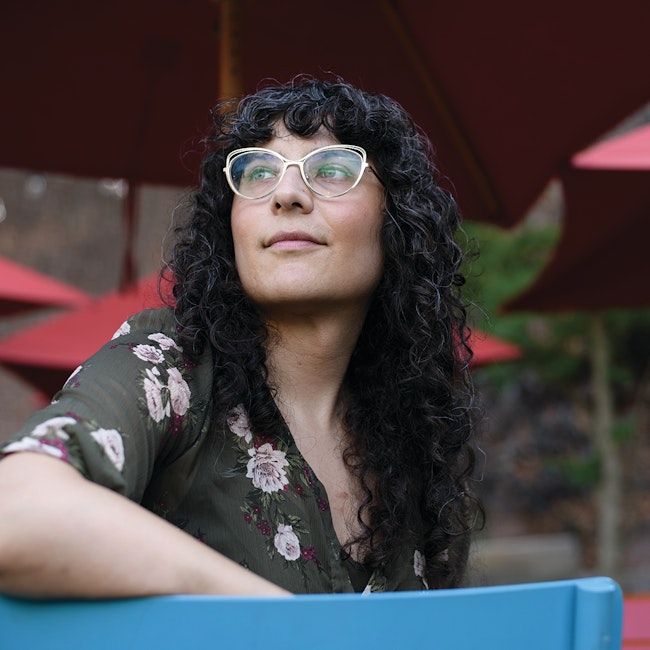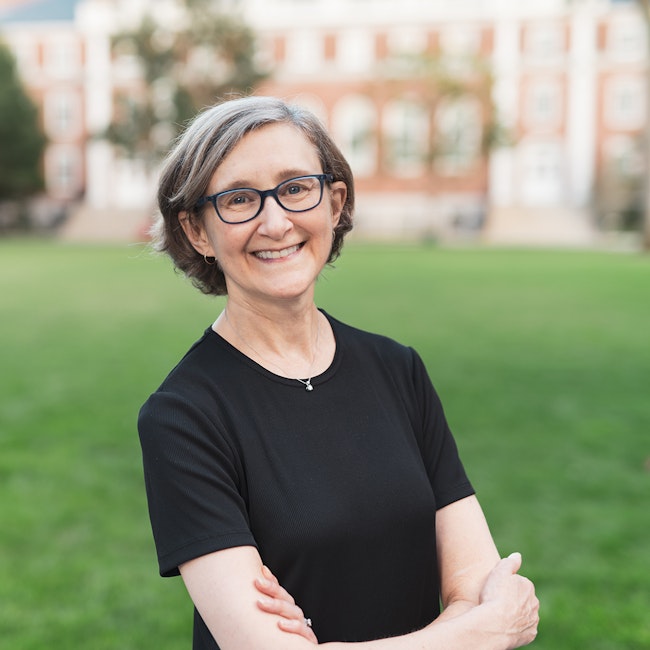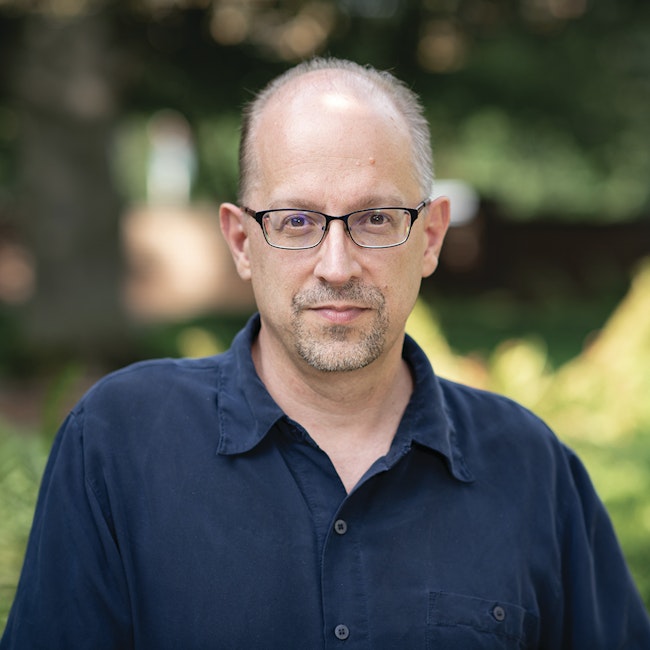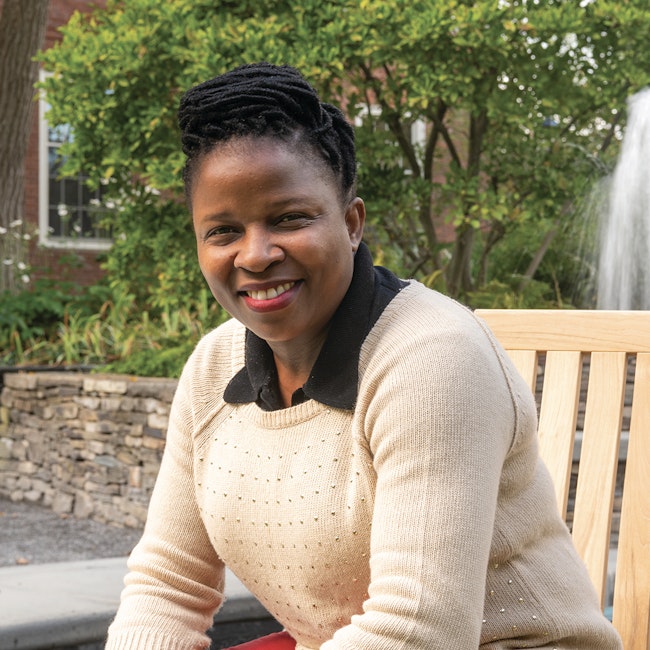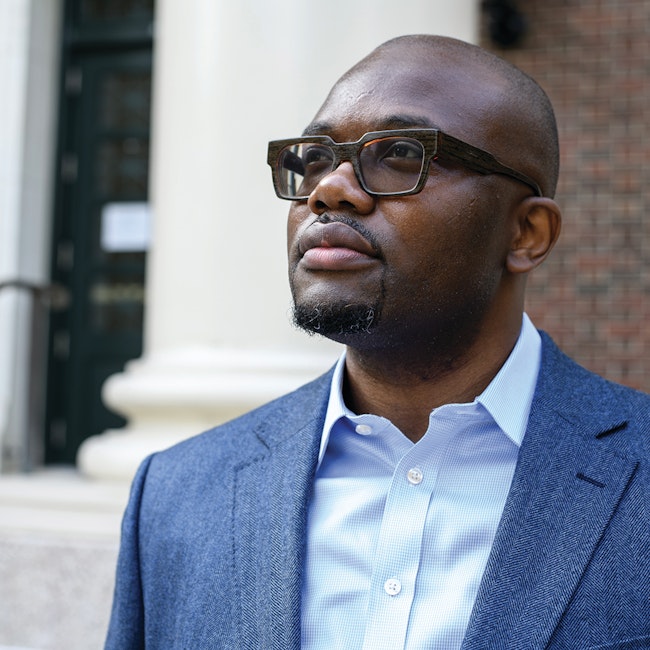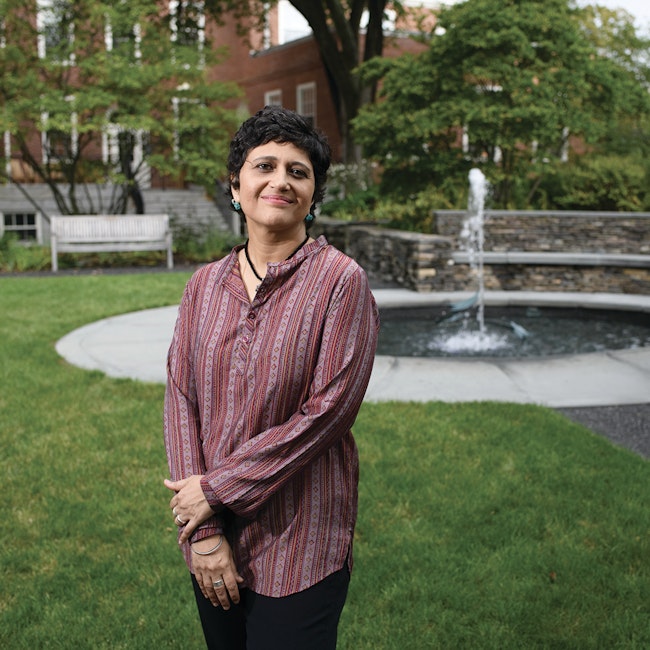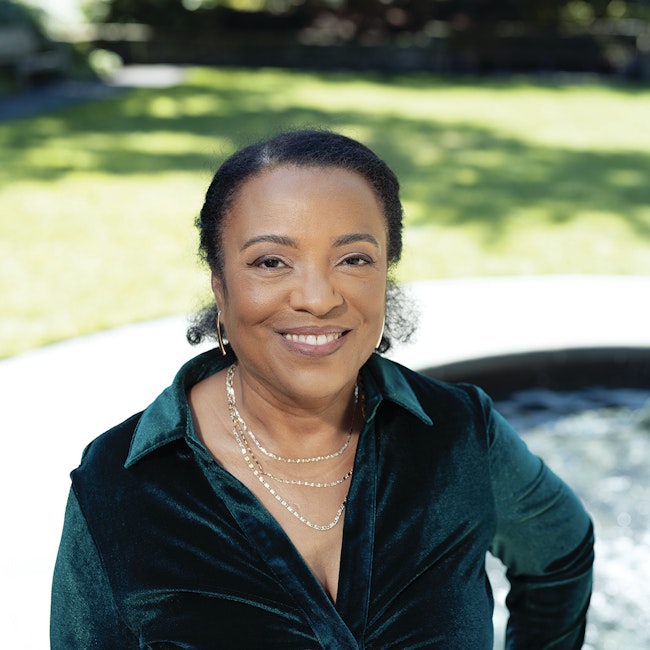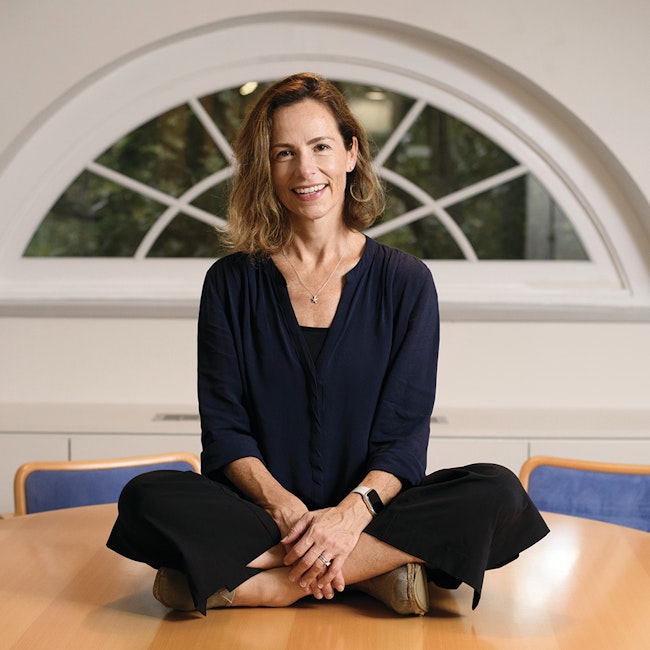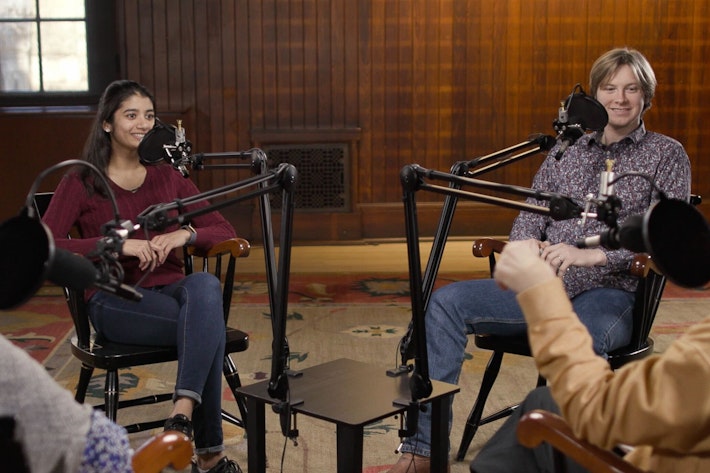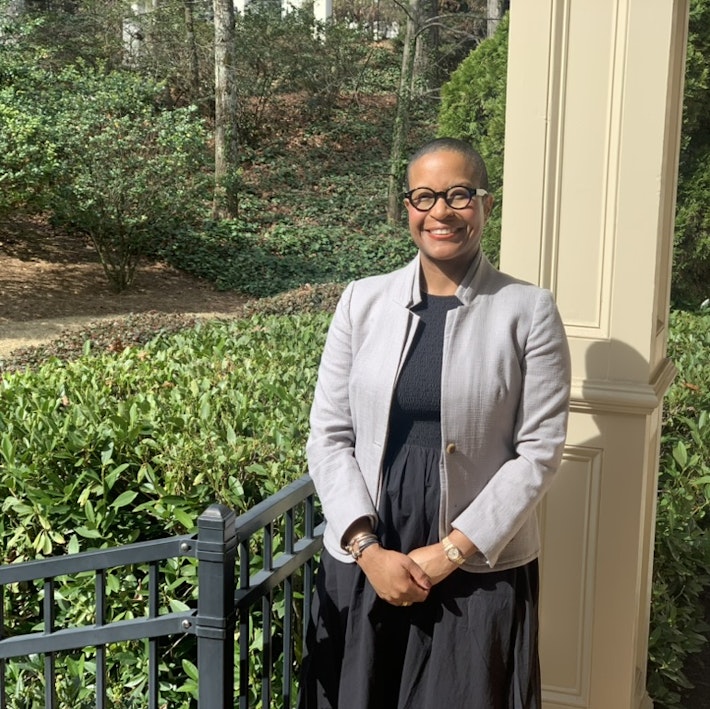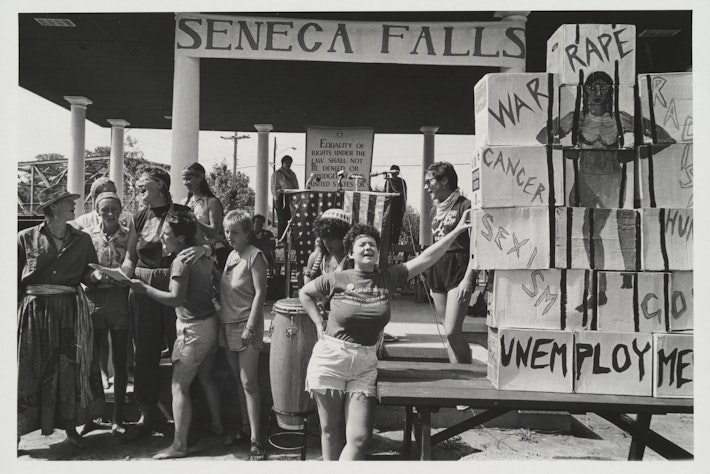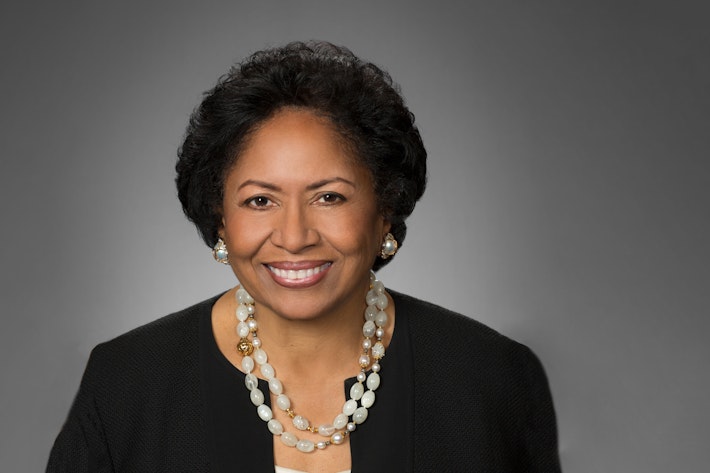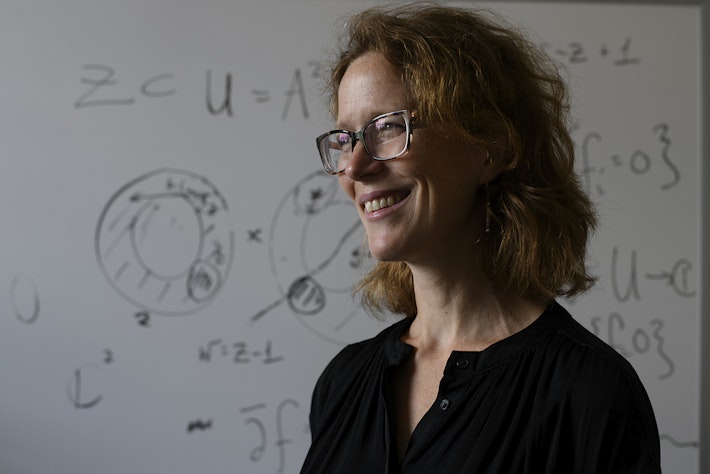Omar Dewachi
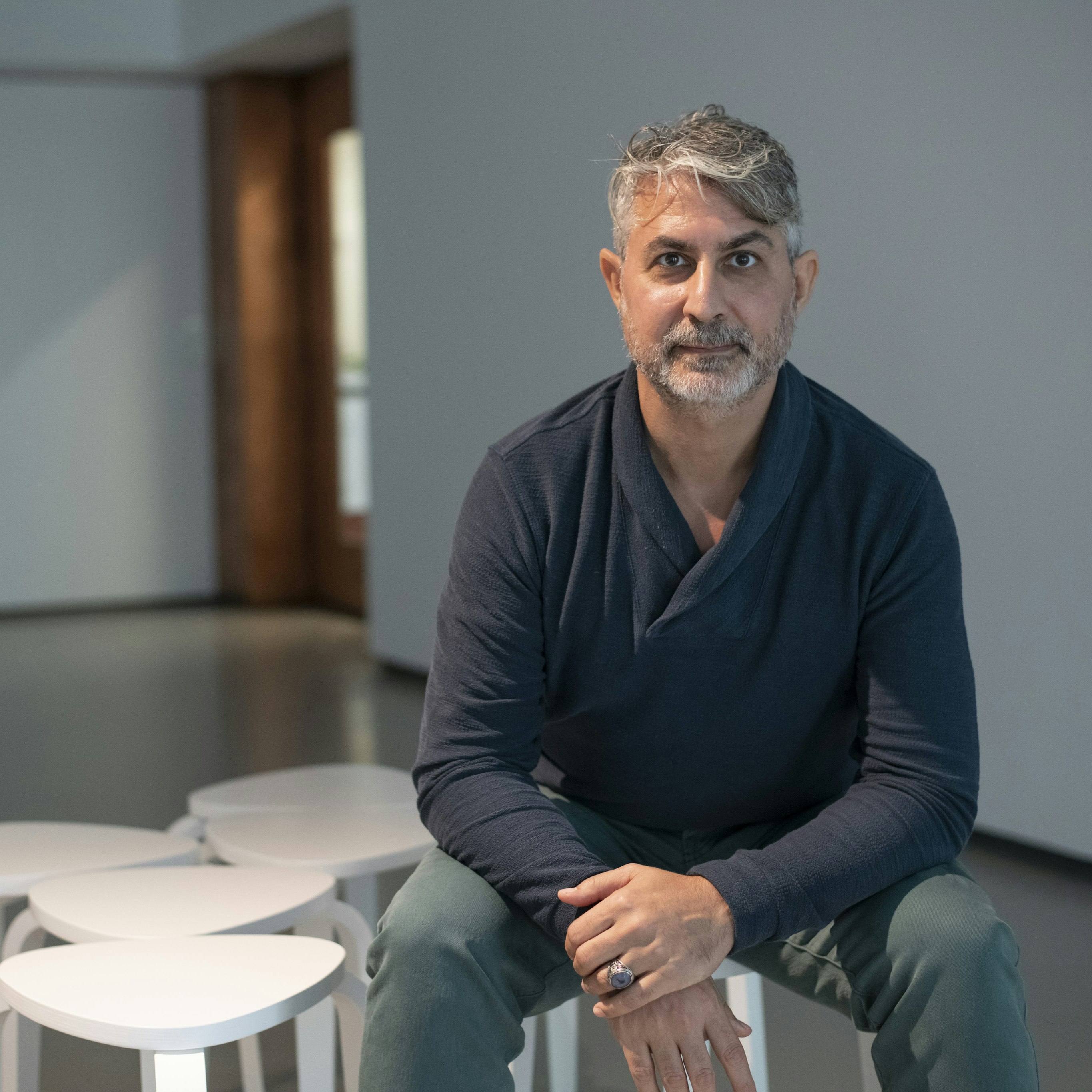
This information is accurate as of the fellowship year indicated for each fellow.
Omar Dewachi is an associate professor of medical anthropology and global health at Rutgers, the State University of New Jersey. His work examines the social, medical, and environmental fallouts of decades of war and violence in Iraq and the broader Middle East. Before he joined Rutgers in 2018, Dewachi cofounded the Conflict Medicine Program at the American University of Beirut, where he taught social medicine and global health.
Dewachi’s ongoing project “When Wounds Travel” weaves almost two decades of ethnographic research with his personal experience of displacement and his medical and public health practice across Iraq, Lebanon, and Syria. Through documenting the trajectories and ecologies of war injury, trauma, and loss and the reconfigurations of healthcare and humanitarian geographies across the region, Dewachi asks, “What is revealed in the wound?” His explorations of the wound have been in conversation with multidisciplinary artists and curators. During the fellowship, he will expand this body of work in a book manuscript and a series of interactive audiovisual performances.
Dewachi holds an MD from Baghdad University, an MPH from the American University of Beirut, and a PhD in anthropology from Harvard University. He is the author of numerous publications in medical, anthropological, and global health journals, including the Lancet. His book Ungovernable Life: Mandatory Medicine and Statecraft in Iraq (Stanford University Press, 2017), winner of the Society for Medical Anthropology’s 2019 New Millennium Book Award, documents the untold history of the rise and fall of Iraq’s healthcare system under decades of US-led intervention.
